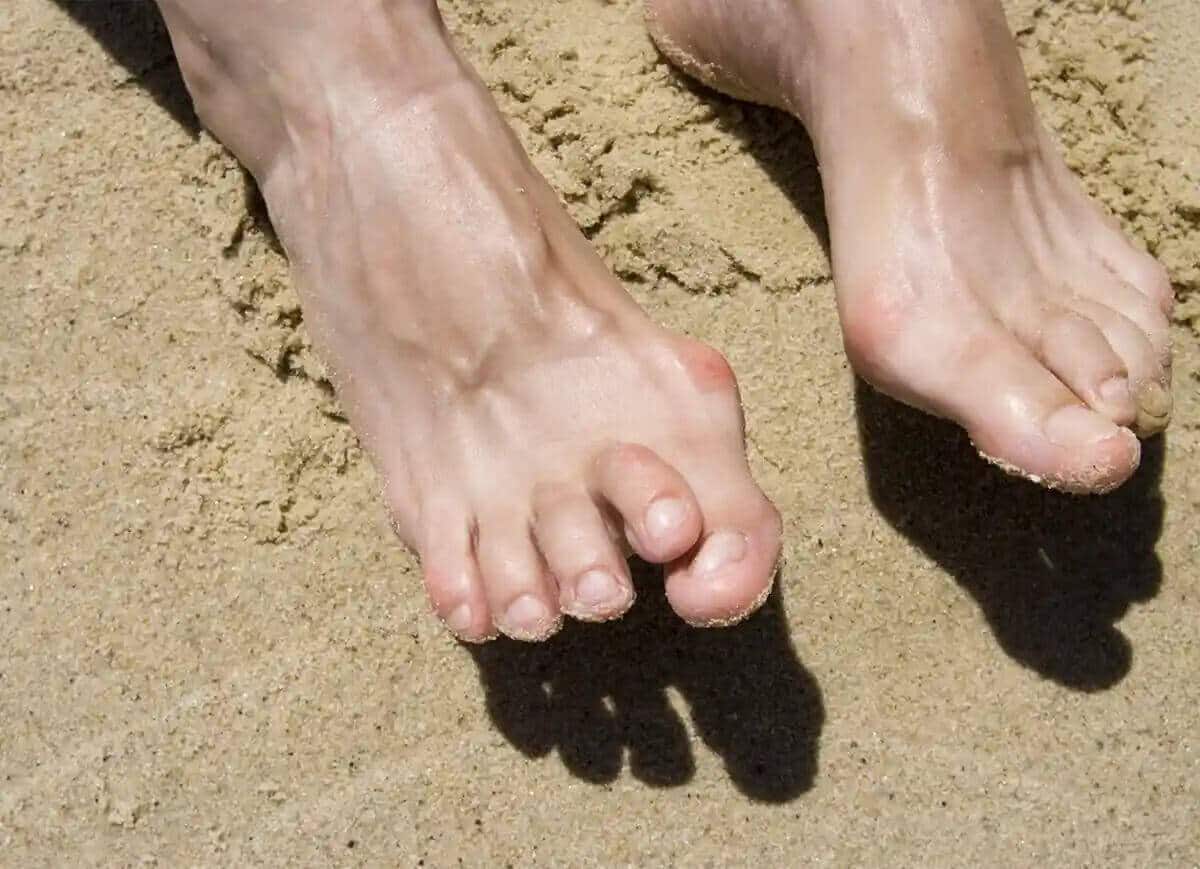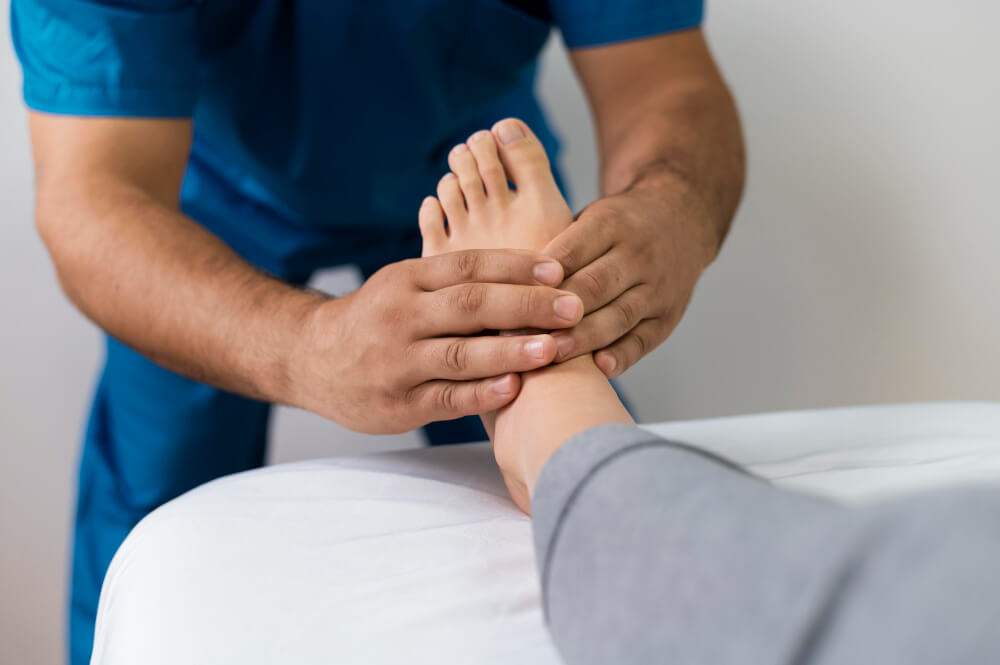Orthopedic Doctor For Toe Deformity Correction
Toe deformities are common conditions that can affect the shape and function of the toes. These deformities can cause pain, discomfort, and difficulty walking. Orthopedic surgeons specialize in diagnosing and treating toe deformities, offering a range of treatment options, from conservative measures to surgical intervention.
Common Toe Deformities
Some of the most common toe deformities include:
Hammertoes A hammertoe is a deformity where the toe bends upward at the middle joint, resembling a hammer.
- Causes Wearing ill-fitting shoes, muscle imbalance, or underlying medical conditions.
- Symptoms Pain, calluses, and difficulty walking.
Bunions A bony bump that forms at the base of the big toe, often causing pain and inflammation.
- Causes Wearing tight shoes, genetics, and underlying foot conditions.
- Symptoms Pain, redness, and swelling at the base of the big toe.
Claw Toes A condition where the toes curl downward, resembling claws.
- Causes Muscle imbalance, nerve damage, or wearing ill-fitting shoes.
- Symptoms Pain, calluses, and difficulty walking.
The Role of Orthopedic Doctors
Orthopedic surgeons play a crucial role in diagnosing and treating toe deformities. They can:
- Conduct a Physical Examination Assess the severity of the deformity and any associated pain or discomfort.
- Order Imaging Tests Use X-rays to evaluate the bones and joints of the foot.
- Develop a Treatment Plan Create a personalized treatment plan tailored to your specific needs.
Non-Surgical Treatment Options
In many cases, non-surgical treatments can effectively manage Toe deformities. These treatments may include:
Conservative Care
- Wearing Properly Fitting Shoes: Wearing shoes that fit well and provide adequate support can help alleviate pain and prevent further deformity.
- Orthotic Devices: Custom-made orthotic devices, such as orthotic inserts or braces, can help correct biomechanical imbalances and reduce pain.
- Padding and Cushioning: Using pads and cushions to relieve pressure on the affected toes.
- Medications: Over-the-counter pain relievers and anti-inflammatory medications can help reduce pain and inflammation.
Surgical Treatment Options
In cases where conservative treatments are ineffective or the deformity is severe, surgery may be necessary. Common surgical procedures for toe deformities include:
- Bunionectomy Surgical removal of the bony bump at the base of the big toe.
- Hammertoe Correction Surgical procedures to straighten the hammertoe and improve its alignment.
- Arthrodesis Fusing two or more bones together to stabilize the joint.
- Minimally Invasive Surgery Less invasive surgical techniques, such as percutaneous surgery, can be used to correct certain toe deformities.
Rehabilitation After Surgery
Rehabilitation is an important part of the recovery process after toe deformity surgery. Physical therapy can help you regain strength, flexibility, and range of motion in your foot.
- Physical Therapy Exercises Your physical therapist will prescribe exercises to help you recover.
- Gradual Return to Activity You will gradually increase your activity level over time, starting with gentle exercises and progressing to more challenging activities.
- Follow-up Appointments Regular follow-up appointments with your orthopedic surgeon are important to monitor your progress and address any concerns.
Preventing Toe Deformities
While you can’t always prevent Toe deformities, there are steps you can take to reduce your risk:
- Wear Well-Fitting Shoes Avoid wearing shoes that are too tight or too loose.
- Maintain a Healthy Weight Excess weight can put extra stress on your feet.
- Regular Foot Exams See a podiatrist or orthopedic surgeon for regular foot check-ups.
Conclusion
Toe deformities can cause pain, discomfort, and difficulty walking. By seeking prompt medical attention and following your doctor’s recommendations, you can manage these conditions and improve your quality of life. Orthopedic surgeons play a vital role in diagnosing and treating toe deformities, helping you regain your foot health and mobility.
Contact our Orthopedic doctor for Toe Deformities care (214) 949-8918 Or Visit us https://specialtycareclinics.com/


